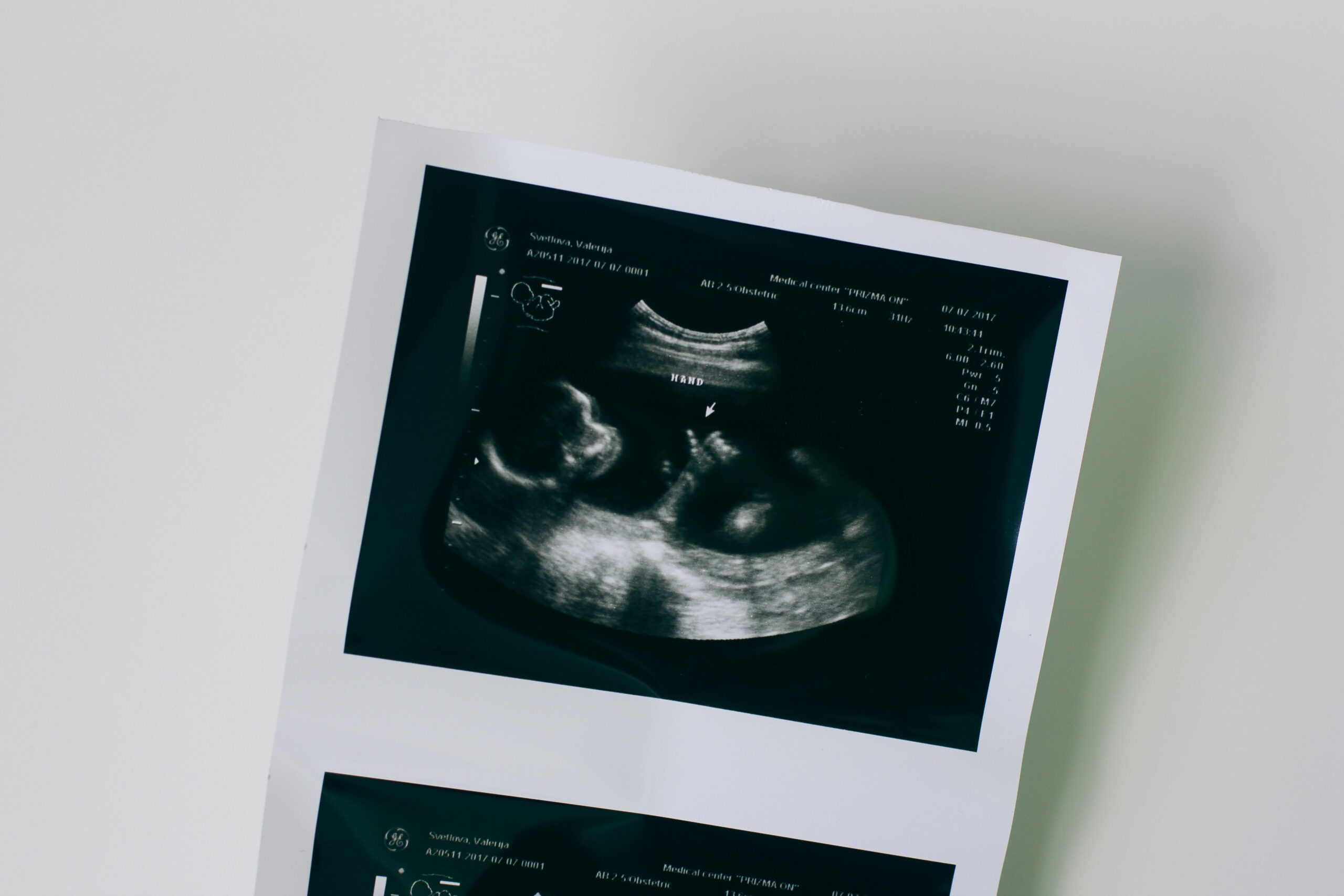The shift from aspiring for success as a young woman to aspiring for a family as maturity sets in can be quite a journey. From societal pressures to personal struggles, Black women face many complexities when they’re trying to become mothers. For many, like Shelah Marie, the path to motherhood is paved with unexpected fertility challenges and emotional turbulence.
“Hopelessness has, unfortunately, been a constant during this process,” Marie said to 21Ninety. “Number one, I’m in my late 30s.”
The societal narrative surrounding fertility often imposes a timeline on women. Family, friends and doctors all subtly suggest that the window for motherhood narrows with each passing year. From the moment Black women enter adulthood, they are bombarded with messages about their biological clock. This pressure intensifies as women enter their late 20s and early 30s.
Marie, known for her inspiring messages and wellness advocacy, recently opened up to her community about accepting her fertility journey. Despite the setbacks she faced, she found solace and empowerment in redirecting the love she had reserved for her future children towards her inner child.
Uncovering The Fertility Problem
Her fertility journey began in adolescence, marked by the seemingly innocuous prescription of birth control to manage painful periods. Little did she know, this was the prelude to a decades-long struggle with endometriosis.
“I didn’t get formally diagnosed until after I had surgery… over 20 years after initially starting birth control,” she told 21Ninety.
Transitioning from avoiding pregnancy to actively trying to conceive later in life, Marie encountered the harsh reality of fertility challenges. A year of trying led to elation tinged with devastation, as she experienced her first miscarriage.
“This completely shattered my sense of self,” Marie said. “Even though studies show that as many as 1 in 8 pregnancies end in a miscarriage, there’s still a lot of shame and stigma around it, and I was a victim of that shame.”
Despite subsequent miscarriages and an ectopic pregnancy, Marie persevered, undergoing a myriad of tests and treatments in pursuit of motherhood. Amidst the heartbreak and uncertainty, she grappled with feelings of hopelessness compounded by societal pressures and personal expectations.
“As women, we are socialized to believe that one of the most extraordinarily important things we could ever do on this earth is to become mothers,” she said. “So what happens to our self-esteem when we can’t perform that duty? Are we still worthy? Are we still valuable?”
A Journey to Acceptance
Following an “excruciating” ectopic pregnancy, Marie embarked on a journey of self-discovery and acceptance. She learned to reject the notion that motherhood defined her worth. Through that discovery, she made a conscious decision to redirect her love and nurturing towards her inner child.
“I decided not to allow this journey to become a personal flaw or allow myself to believe that something was wrong with me,” she said. “I simply decided that no matter what happened, I would make this whole process work for my highest good, whether I ended up with a baby or not.”
Acknowledging the inherent contradictions of her emotions, Marie emphasizes the importance of self-compassion and resilience.
“The truth is I hold seemingly opposing feelings at the same time,” she explained. “I’m proud of myself, I love myself, I’m proud of all the things that I have birthed into this world, and at the same time, there is still a part of me that would sincerely love to be a mother and carry a child. I think it’s healthy to acknowledge the contradictions present during an experience like this.”
Her journey has not been linear, with some days being easier than others.
“One of the lowest points was when me and one of my best friends got pregnant at the same time after I had already miscarried once before,” she recalled. “I felt like God had answered my prayers. Then, I miscarried again, and she went on to, thankfully, deliver a beautiful, healthy baby boy.”
In navigating these existential moments, she discovered a truth within herself. She realized that the essence of her worth transcended the realm of motherhood. While still recognizing the validity of her grief, she was able to nurture her inner child. She cultivated a sanctuary of love and healing within herself.
Curating a Positive Outlook
As she navigates the twists and turns of her fertility journey, she advocates for more conversations to be had surrounding difficult fertility journeys.
“I decided I was no longer going to make this some secret, hush-hush, shame-filled topic that I only talked about with my husband and my close friends,” she said.
To women embarking on similar fertility journeys, Marie extends a message of hope.
“Have compassion, be gentle with yourself,” she said, urging women to cultivate supportive networks and explore their identities beyond motherhood. “Your ability to conceive, carry, and birth a child does not determine your worth in this world,” she asserts, echoing a sentiment of profound self-worth and resilience.
Through embracing her inner child and nurturing her spirit, she exemplifies the beauty of finding redirection amidst life’s most challenging moments.
“Most of all, I urge you to explore who you are now and who you could be outside of being a mother,” she said. “What other versions of yourself can be born from this experience? What new things can you discover about who you are? How can you love yourself a little bit more even through this difficult time?”
Although motherhood is a goal for many, Marie wants Black women to know that there is more to their identity. As she learned for herself, there was more to her identity.
“You are worthy because you exist,” she said.
